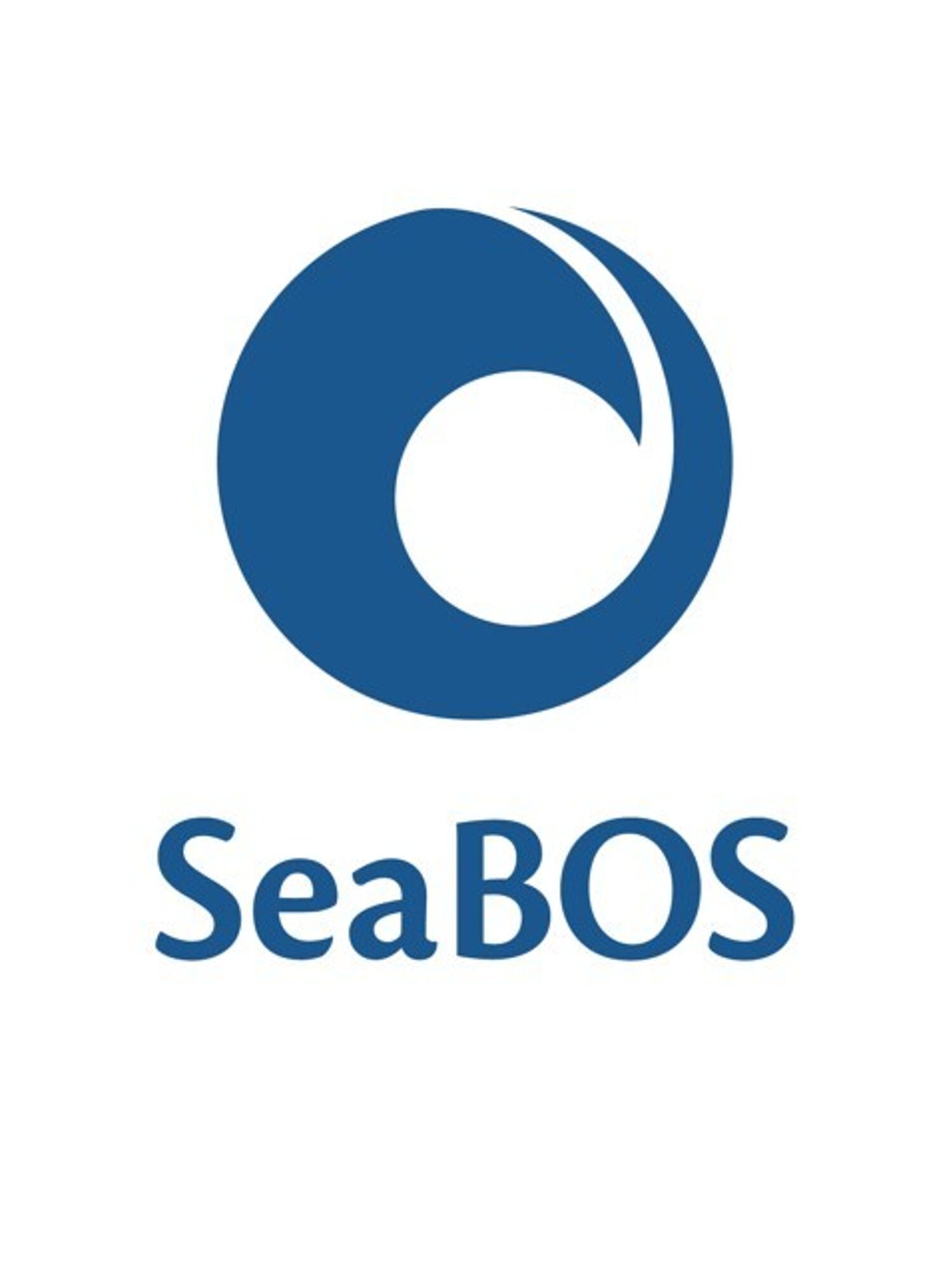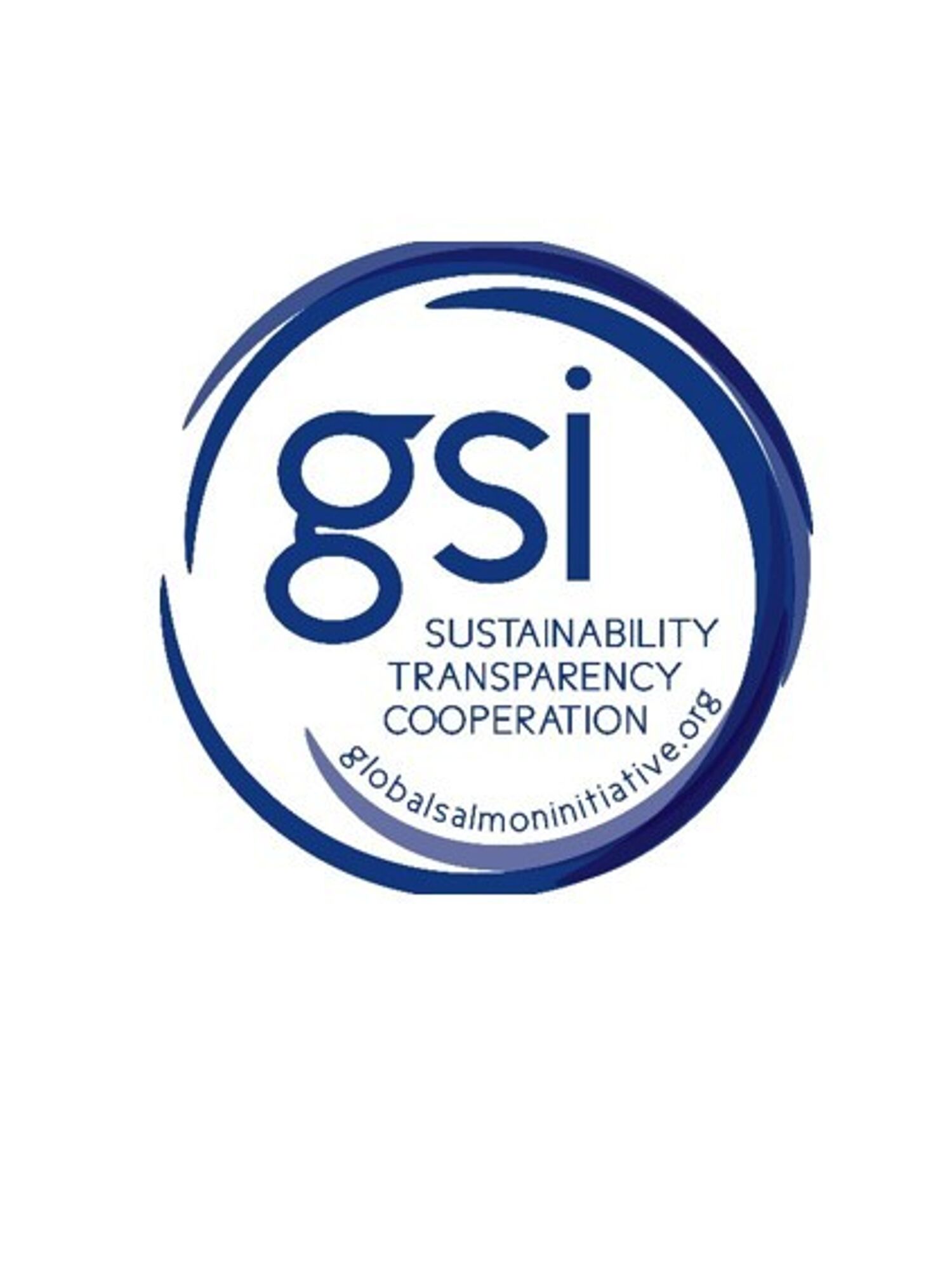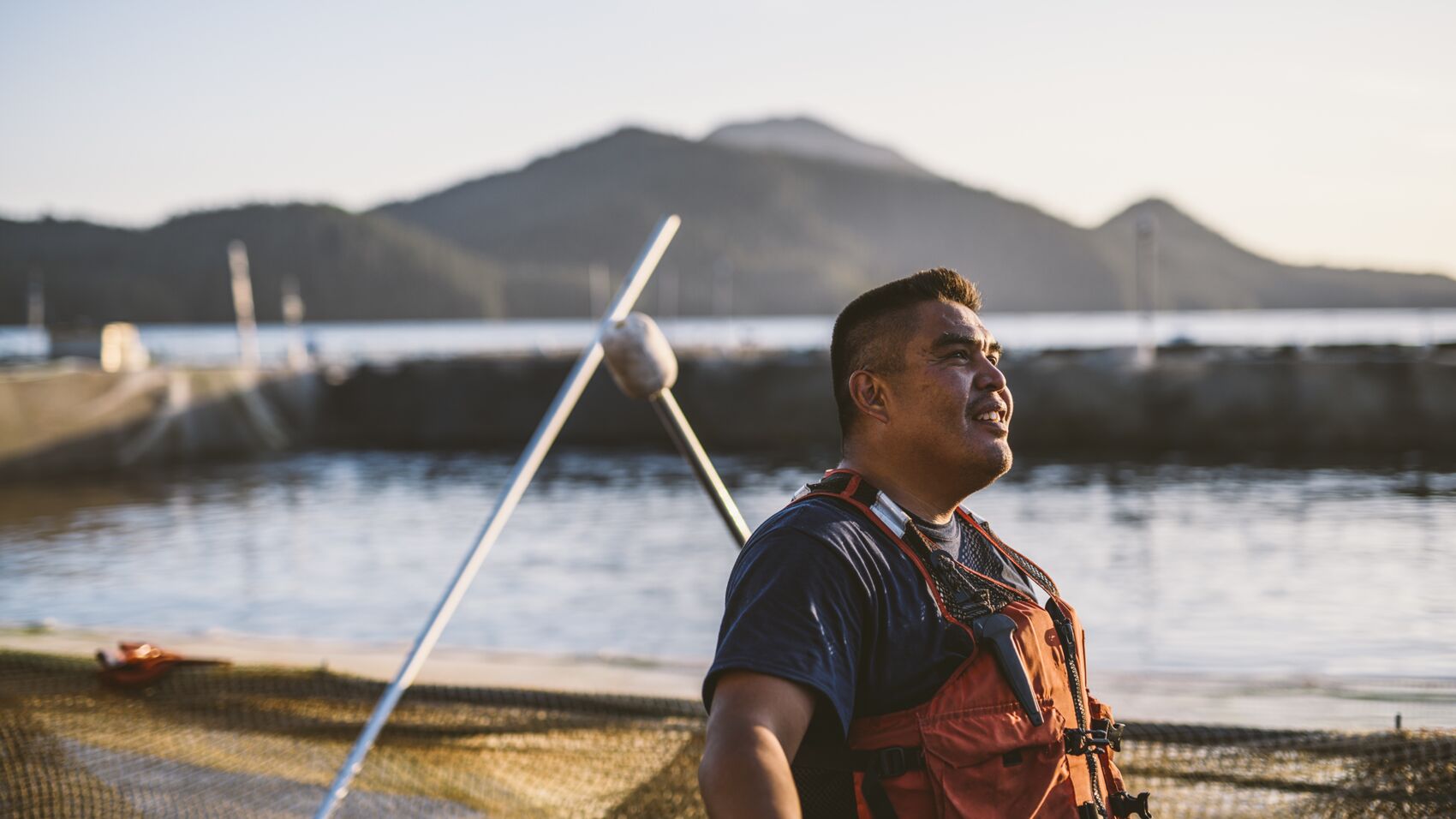Sustainability
Partnerships and collaboration
Cermaq’s approach is to actively collaborate in global and local partnerships to find the best solutions and to scale impact. Stakeholder engagement activities are conducted both at a local and global level in Cermaq, and our aim is to engage in constructive dialogue based on respect and transparency.

SeaBOS - a broad global partnership
Seafood Business for Ocean Stewardship (SeaBOS) gathers the largest seafood companies worldwide and global science partners agreeing on a suit of initiatives for transformation towards sustainable seafood production and a healthy ocean in line with the United Nations Sustainable Development Goals (SDGs) – and in particular Goal 14: Life Below Water.
Together, we represent a global force, not only in the operation of the seafood industry, but also in contributing to a resilient planet with marine ecosystems continuing to produce food of high quality for present and future generations.
Global Salmon Initiative
GSI is a partnership that comprise farming companies representing around half of the global salmon production. GSIs catalyses global advancements in responsible salmon farming at speed and scale through collaboration, innovation, and transparency. The mission is to farm salmon that’s raised to be better for people and planet.
GSI focus on areas such as feed, biosecurity fish health and welfare, ASC certification standard, and climate resilience.

Local communities
One of our core values is about our responsibility to society. We have a responsibility to people, society and the environment that are affected by our business, and we want to operate in a responsible way that creates value and positive ripple effects for the local communities where we operate.
The local and regional importance of our business goes far beyond those who work directly for Cermaq or in our industry. Our production maintains employment and economic activity in rural communities. Our employees are an integral part of the local communities where we have operations, and in the same way we as a company become a natural participant and contributor locally.
Read more about our local activities in Chile (Comunidades), Norway(Lokalt engasjement), and Canada (Community).
Respecting indigenous peoples rights

Indigenous peoples are a part of the local communities in all the regions where we farm salmon.
Whereas each group’s history and current situation vary, it is important to Cermaq to engage in respectful dialogue and where possible, cooperation with all indigenous groups in the areas where we operate. Indigenous peoples are a part of the local communities in all the regions where we farm salmon.
The term indigenous peoples is defined in ILO convention 169 of 1987 and their rights are also describes in United Nations Declaration on the Rights of Indigenous Peoples (UNDRIP) dated 13 September 2007.
Sami People in Norway
The rights of the Sami people have been gradually strengthened the past decades, and in Norway the Sami have their own Parliament (established in 1989) managing laws and initiatives delegated by national authorities.
The Norwegian constitution stating (§108) «The authorities of the state shall create conditions enabling the Sami people to preserve and develop its language, culture and way of life».
In 2005 a consultation agreement was signed by the Norwegian Government about procedures for consultations between the Sami Parliament and national authorities.
The Sami people have special rights linked to reindeer husbandry. In spatial planning and other planning e.g. of industry development and use of land, the Sami people is a stakeholder with defined rights, however not vetoing right. There are no requirements for direct consultation between private industries and Sami stakeholders.
For Cermaq this means that we would engage with the Sami stakeholders as we do with other stakeholders, assured that their special rights incorporated in the administrational processes at local, regional and national level.
The potential areas where Cermaq’s interest may be in conflict with the reindeer husbandry traditions are mainly related to location of fresh water facilities.
Indigenous Peoples in Chile
The main group of indigenous peoples in Chile is the Mapuche, but there are also other indigenous groups. The rights of indigenous communities are defined in Law No. 19,253.
In Law No. 20,249 the Creation of marine coastal areas for indigenous people is defined. This law is also called the Lafquenche law.
The procedure is based on application from the indigenous community to the Department, which shall state the rationale for the customary use of the marine coastal areas for indigenous peoples by the applicant and the uses purporting to be incorporated into the administration plan.
The status on application is presented by Subpesca.
Cermaq’s operations are not in areas defined as or in assessment of being marine coastal areas for indigenous peoples in the areas.
First Nations in Canada
First Nations are one of the three groups of indigenouspeoples in Canada. There are around 600 First Nations in Canada. In Newfoundland, there are two Mi’kmaqNations. In BC there are approximately 200 First Nations in BC, holding right and titles to territories, and the entire British Columbian coastline where salmon farming may take place, is subject to the rights and titles of multiple First Nations.
Read more
Stakeholders represent the world around and inside the company, from employees and owners to local communities, NGOs authorities, suppliers, and customers. They have different interests in our operations, they set expectations, they provide insight, they are all important for our success. Read more about our many stakeholder groups: Stakeholder engagement